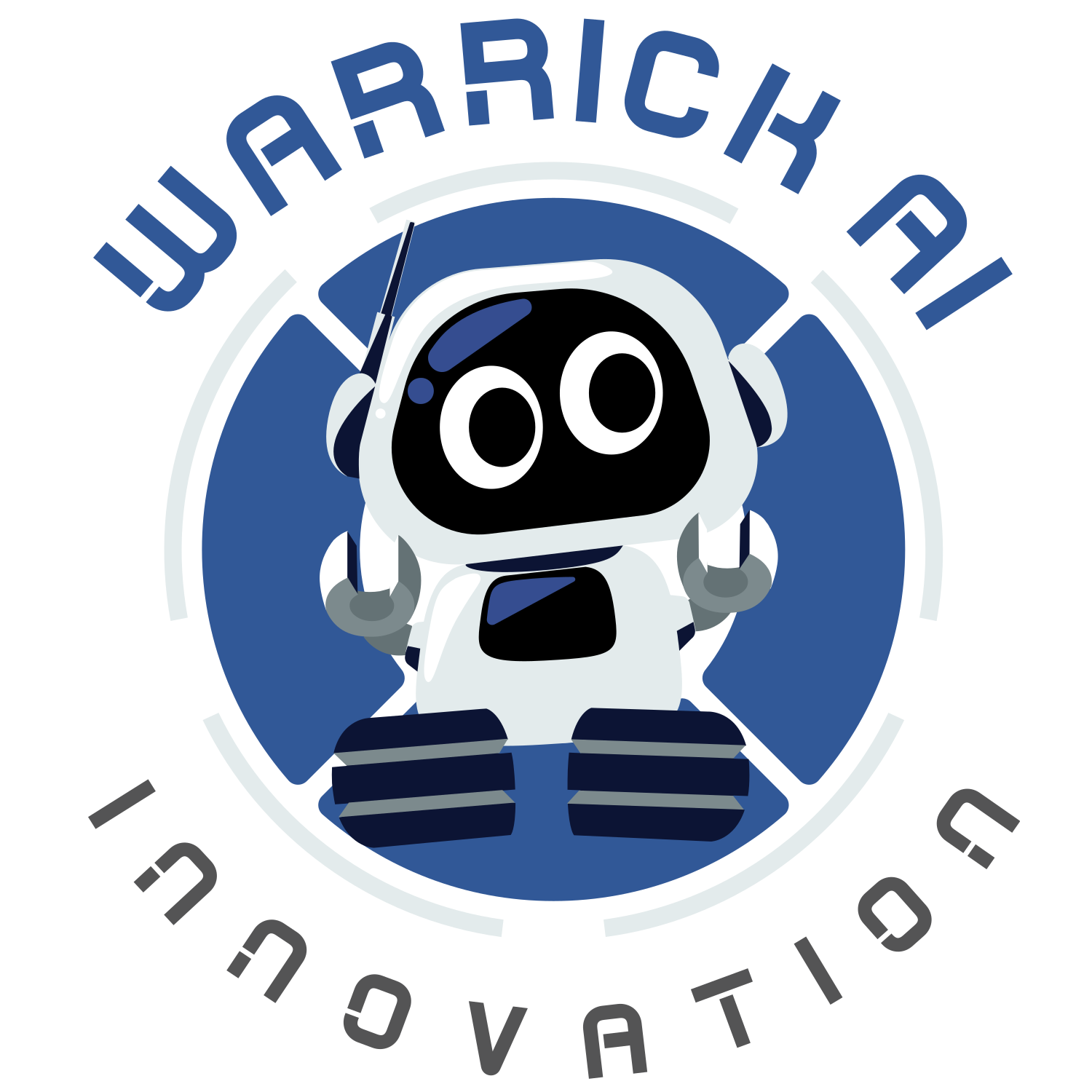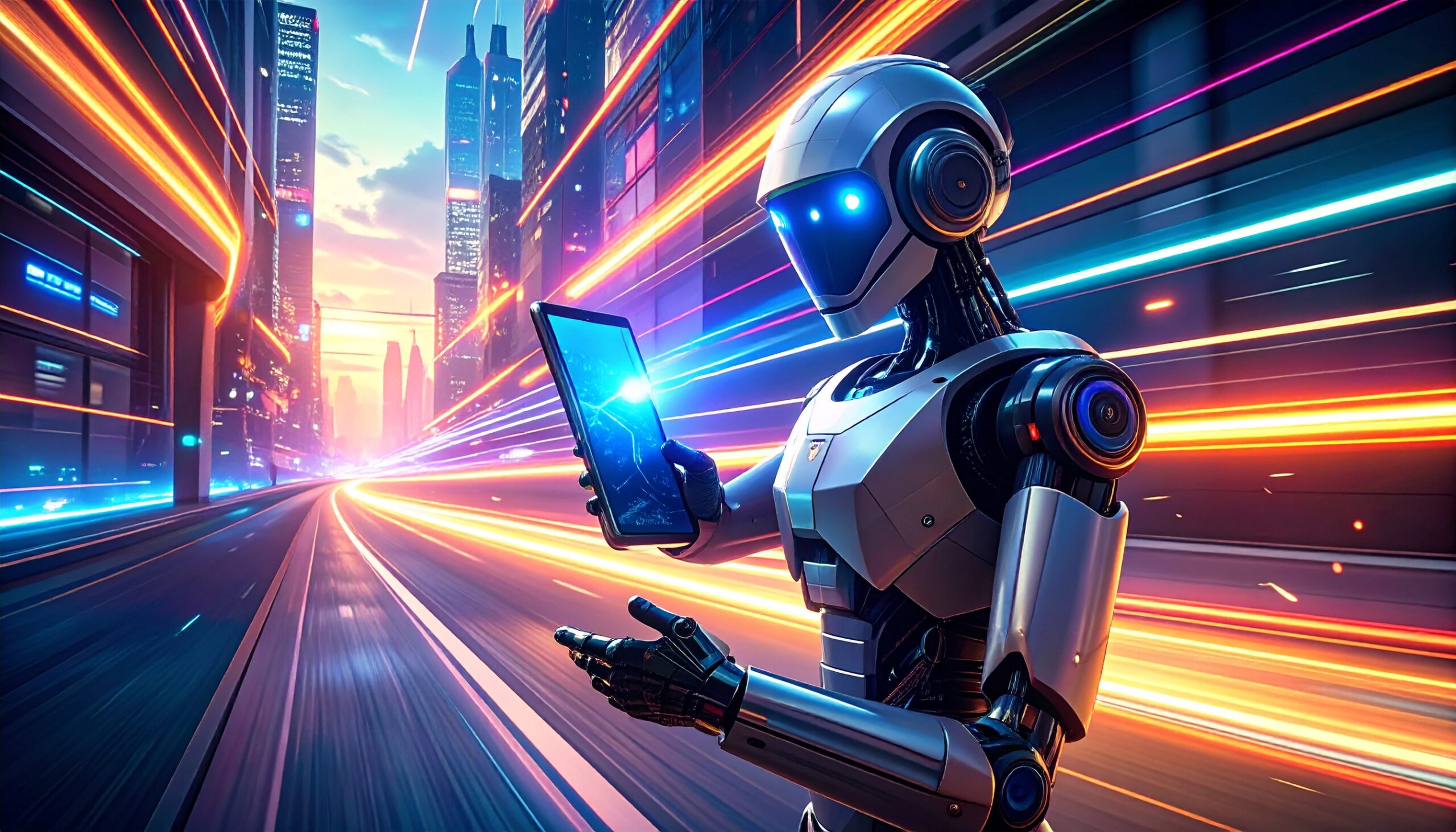Artificial intelligence has fundamentally transformed how we approach problem-solving, data processing, and decision-making across virtually every industry. Two of AI’s most striking capabilities—its remarkable processing speed and sophisticated intelligence—are reshaping our understanding of what machines can accomplish.
The Speed Advantage
AI systems operate at computational speeds that dwarf human cognitive processing. While humans process information at roughly 120 bits per second, modern AI systems can handle millions of operations simultaneously. This speed manifests in several key areas:
Instant Data Analysis: AI can analyze vast datasets in seconds that would take human analysts weeks or months to review. Financial trading algorithms make thousands of decisions per second, medical imaging AI can scan and flag abnormalities in radiological images almost instantaneously, and natural language processing models can read and comprehend entire libraries of text in minutes.
Real-Time Decision Making: In autonomous vehicles, AI processes sensor data from cameras, lidar, and radar systems while simultaneously calculating optimal routes, predicting pedestrian behavior, and adjusting speed—all within milliseconds. This rapid processing is essential for safety-critical applications where human reaction times would be insufficient.
Parallel Processing: Unlike human cognition, which is largely serial, AI systems excel at parallel processing. They can simultaneously work on multiple aspects of a problem, cross-reference numerous databases, and evaluate countless scenarios at once.
Intelligence That Scales
AI’s intelligence differs fundamentally from human intelligence, offering unique advantages in pattern recognition, consistency, and scalability:
Pattern Recognition: AI excels at identifying complex patterns in data that might be invisible to human observers. In healthcare, AI systems can detect early signs of diseases by analyzing subtle patterns in medical imaging that radiologists might miss. In cybersecurity, AI identifies suspicious network behavior by recognizing patterns that indicate potential threats.
Consistency and Reliability: While human performance varies due to fatigue, emotion, or distraction, AI maintains consistent performance levels. An AI diagnostic system will apply the same rigorous analysis to the first patient as to the thousandth, eliminating the variability that can affect human decision-making.
Knowledge Integration: AI systems can simultaneously draw upon vast knowledge bases, integrating information from thousands of sources to inform their decisions. This ability to synthesize disparate information sources allows AI to make connections that might not occur to human experts working within their specialized domains.
Practical Applications
These advantages translate into real-world benefits across numerous sectors:
Scientific Research: AI accelerates drug discovery by rapidly modeling molecular interactions and predicting compound effectiveness. Systems like AlphaFold have revolutionized protein structure prediction, accomplishing in months what previously took decades.
Creative Industries: AI generates art, music, and written content at unprecedented speeds, serving as a creative partner that can produce numerous variations and iterations quickly, allowing human creators to focus on curation and refinement.
Business Operations: AI optimizes supply chains, predicts market trends, and automates routine tasks, enabling organizations to operate more efficiently and make data-driven decisions faster than ever before.
The Human-AI Partnership
Rather than simply replacing human intelligence, AI’s speed and capabilities create opportunities for enhanced human-machine collaboration. Humans provide creativity, ethical judgment, emotional intelligence, and contextual understanding that complement AI’s computational strengths. The most effective applications often combine AI’s rapid processing capabilities with human insight and oversight.
AI’s superior speed and specialized intelligence represent powerful tools for augmenting human capabilities rather than replacing them entirely. As these technologies continue to evolve, understanding both their capabilities and limitations will be crucial for harnessing their potential while maintaining human agency in decision-making processes.
The future likely holds even more sophisticated AI systems, but the goal remains the same: leveraging AI’s unique strengths to solve complex problems and enhance human potential across all aspects of society.

